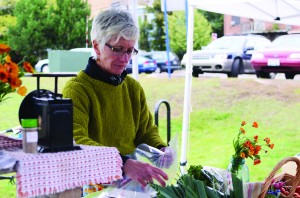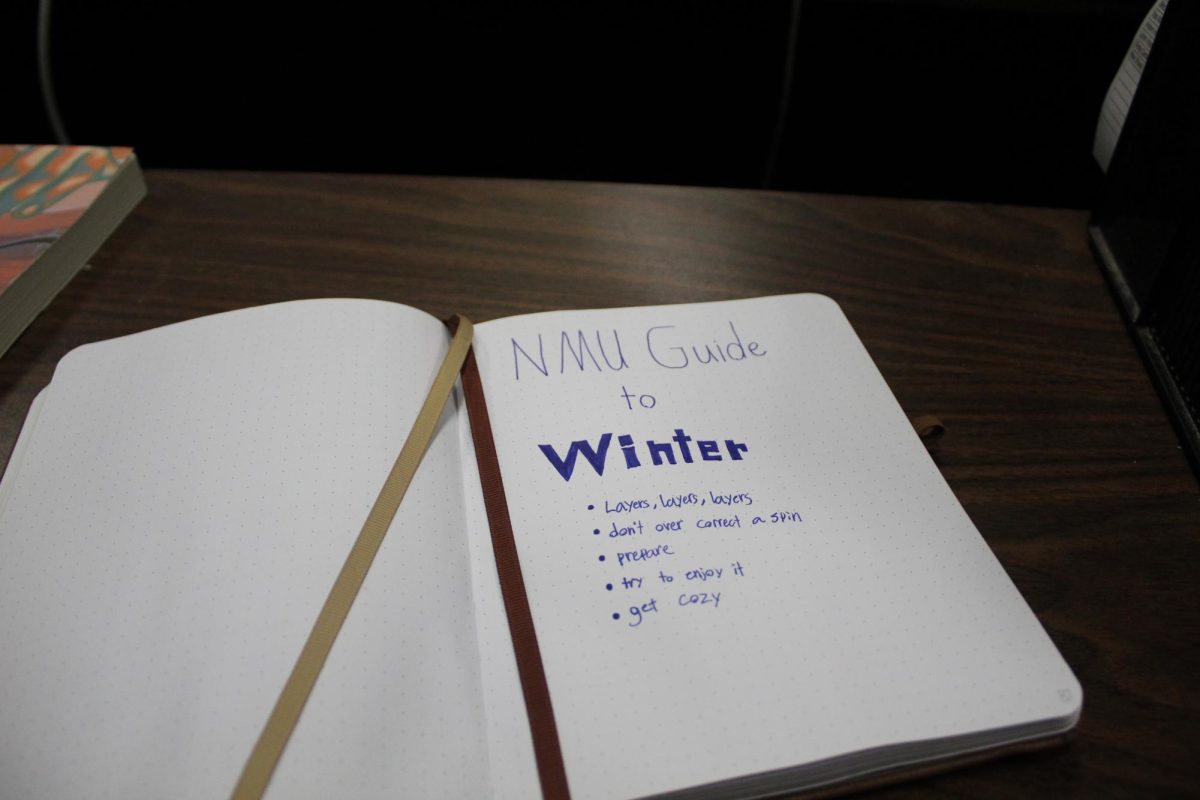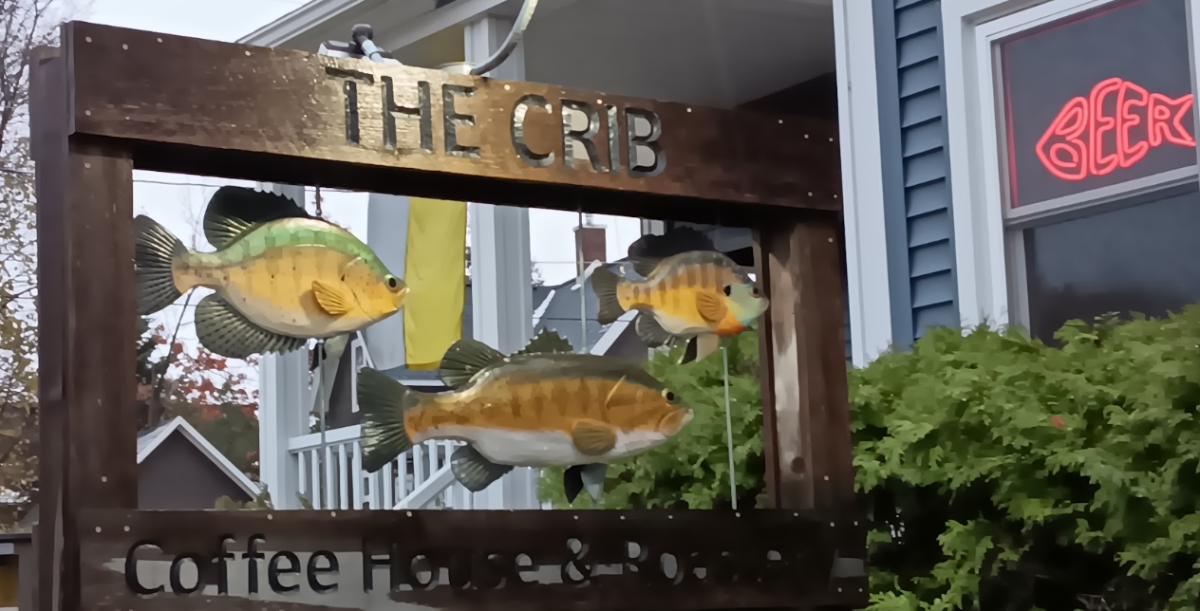Sunday, Sept. 22 was the first day of autumn. Amidst the season’s prototypical scarf and sweater wardrobe, colorful hikes and pumpkin-flavored-everything, perhaps the best indication of the coming snow is the fall harvest — squash, potatoes, cabbage and many other fruits and vegetables are plentiful in the first weeks of the season.
Many of these fall foods can be found in the produce section of any grocery store; however, one of the most popular fall activities for residents of Marquette is taking a stroll around the Farmers Market on Saturday mornings.Myra Zyburt, market manager for the Downtown Marquette Farmers Market, said fall is exciting for the farmers market because of the harvest of new fruits and vegetables that were unavailable during the summer months.
“Because we are a cold climate, it takes awhile for what’s planted to grow and mature,” Zyburt said. “Right now is the prime harvest time, there’s a wide variety of fruits and vegetables available.”Zyburt added that fall vegetables hold much better than their summer counterparts.
“The fall vegetables are the ones that will hold for awhile,” she said. “In past times when food wasn’t available or transported around the world year-round, these were the things that people would store up over the winter.
“[For example], cabbages can be used in a wide variety of ways both raw and cooked, and then there are pumpkins, onions, potatoes, apples, leeks, pears, on and on and on. There are certainly a wide variety of [foods] now.”
Because food sold at the farmers market is sold at a retail price determined by the farmers themselves (who don’t have to distribute their goods through wholesalers that give only a margin of profits back to the farmer), farmers markets are a cheaper alternative to buying organic and local produce from the grocery store, according to a study done by the Leopold Center for Sustainable Agriculture. This makes it easier for students and community members to enjoy the fall harvest without paying the stereotypically high price for organic and local produce.
However, for students and Marquette residents that utilize the Supplemental Nutrition Assistance Program (SNAP) benefits through the Michigan Bridge Card, the option to get produce at the farmers market is a little more complicated. But with a program called Double Up Food Bucks, Bridge Card users can not only get food at their local farmers markets, but can double up on their food purchases free of charge.
“[Double Up Food Bucks] is a statewide program,” Zyburt said. “It exists because of the generosity of others — this is not federal money, this is foundation money.
The Double Up Food Bucks money] are donations from people who understand that for a certain population, having enough money for food is a struggle and they also understand the importance of good quality food and supporting our farmers.”
Zyburt said the Marquette Farmers Market was issued $9,000 for the program this year, and that the Double Up Food Bucks program is limited to $20 a day for Bridge Card users.
To utilize the program, Bridge Card holders need only to go to the designated tent at the farmers market, pay for the amount of tokens they’d like, and through the Double Up Food Bucks program, the market will match the amount they pay for tokens. For example, one could pay for $10 of tokens and receive another $10 in tokens for purchase of SNAP-eligible and Michigan-grown fruits and vegetables for no extra charge. 
“If you use your Bridge Card and get $20 in tokens then you’re going to get double that in tokens free, without any (extra) charge on your card,” Zyburt said. “The benefit then is strictly the fresh fruits and vegetables available at the farmers market. It’s a way of supporting local food that doesn’t cost you anything, you benefit by getting double your money without any charge.”
Zyburt said it has been challenging, however, to get the word out about the new Double Up Food Bucks program because the benefits are not shown on the SNAP website.
Senior art education major Nina Fio, who has had a Bridge Card for just over a year, said she wasn’t aware of the program benefits until three weeks ago.
“I found out by word-of-mouth from one of the vendors who works there,” Fio said. “I had no idea through my social worker or pamphlets or the Bridge Card itself.
“It’s changed the way I’ve been eating over just the past three weeks. Instead of buying the cheapest vegetables and trying to make them last a week, which never really works, now I have fresh vegetables in my fridge for every meal.”
In addition to the Double Up Food Bucks program, the Marquette Farmers Market also accepts debit and credit cards, and provides benefits to eligible Senior Market Fresh recipients as well as Women, Infants and Children (WIC) program enrollees.
The Marquette Farmers Market is open every Saturday in October from 9 a.m. to 2 p.m. Over 40 vendors take part in the market, ranging from local farmers and restaurants to woodsmiths and jewelry artists.
For details on the Marquette Farmers Market, the programs it supports and upcoming events, visit www.mqtfarmersmarket.com.




























